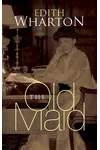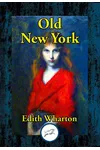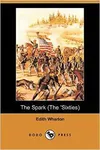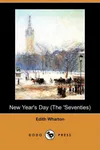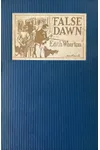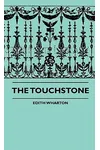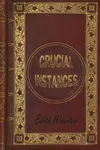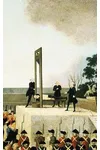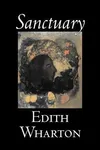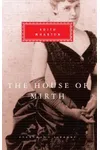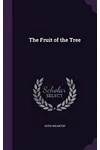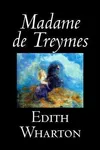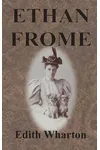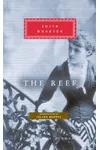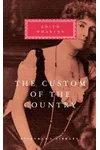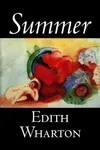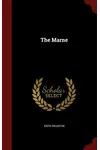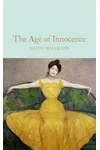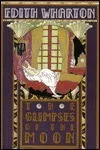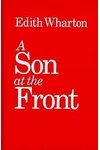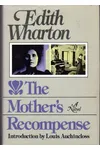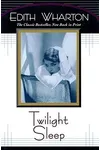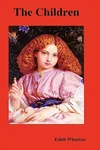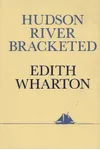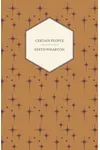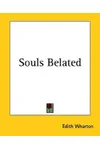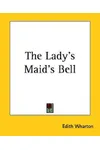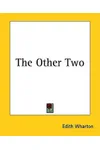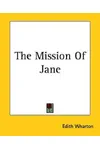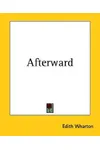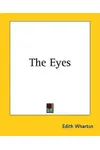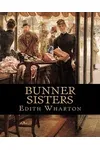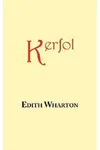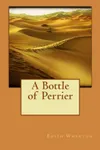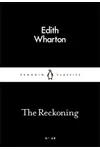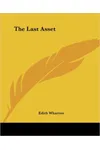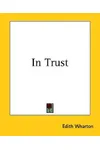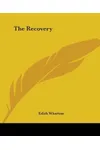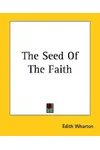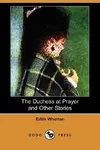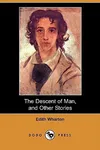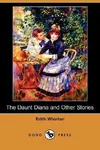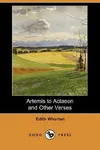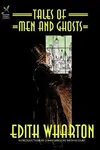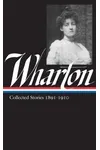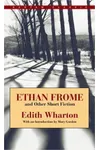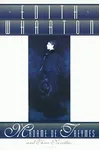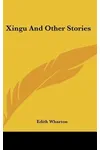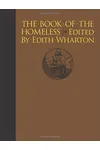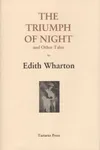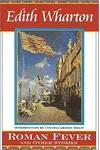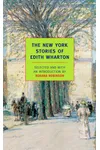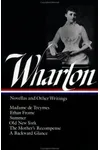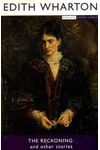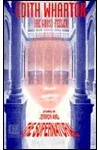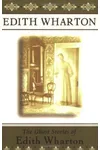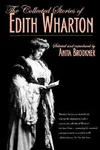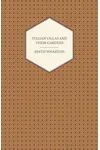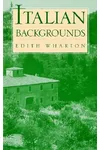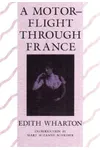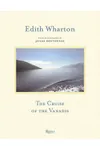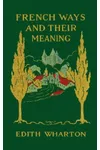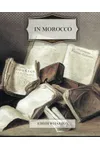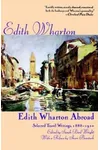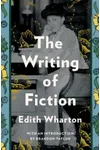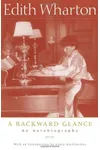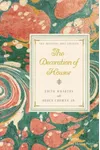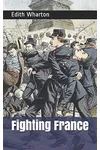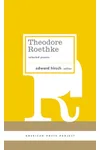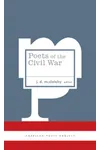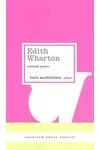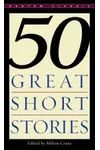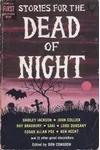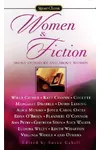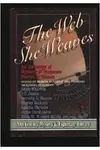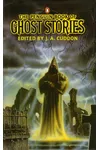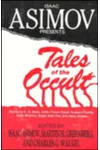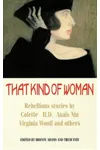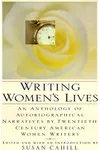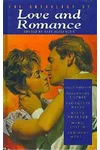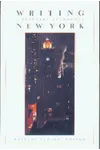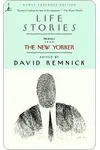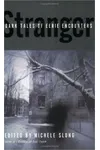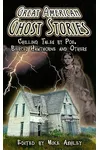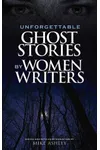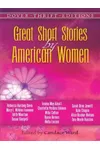Picture a storyteller who turned the glittering ballrooms of New York’s elite into tales of heartbreak and rebellion—meet Edith Wharton! Born in 1862, this Pulitzer Prize-winning American author wove sharp, witty novels like The Age of Innocence and The House of Mirth, exposing the hidden dramas of high society. With a pen as keen as her social observations, Wharton didn’t just write stories; she redefined the novel’s power to critique culture.
But there’s more to Wharton than her books. From her humanitarian heroics during World War I to her trailblazing as one of America’s first great female novelists, her life was as bold as her prose. Ready to step into her world?
The Making of Edith Wharton
Edith Newbold Jones was born into New York’s upper crust, a world of old money and rigid etiquette she’d later skewer in her novels. Raised in Manhattan and educated by private tutors, she was a bookworm with a rebellious streak, scribbling stories by age 11. Her mother disapproved of her literary ambitions, but Edith persisted, publishing poems in her teens. A trip to Europe sparked her love for art and culture, shaping her cosmopolitan worldview. By her 20s, she married Teddy Wharton, a banker whose emotional distance fueled her focus on writing. Her first novel, The Valley of Decision (1902), marked her as a serious talent.
Edith Wharton’s Unforgettable Stories
Wharton’s novels are like velvet gloves hiding iron fists—elegant yet cutting. The House of Mirth (1905) follows Lily Bart, a socialite whose beauty can’t save her from society’s cruel judgments. Its tragic arc and sharp critique of wealth made it a bestseller. The Age of Innocence (1920), her Pulitzer-winning masterpiece, explores forbidden love in 1870s New York, with Newland Archer torn between duty and desire. Wharton’s style blends lush prose with psychological depth, dissecting themes of class, gender, and conformity.
Other gems include Ethan Frome (1911), a stark New England tragedy about a doomed love triangle, and The Custom of the Country (1913), which tracks the ruthless social climber Undine Spragg. Wharton’s wit and insight made her a literary giant, her stories still resonating for their timeless human struggles.
Why Edith Wharton Matters
Wharton didn’t just write about society—she challenged it. Her novels exposed the suffocating rules that trapped women and men alike, paving the way for modern feminist literature. During World War I, she organized relief efforts in France, earning the Legion of Honor. As one of the first women to win a Pulitzer for fiction, she broke barriers for female authors. Her influence endures in adaptations like Martin Scorsese’s The Age of Innocence film and in every writer who dares to question the status quo.
About Edith Wharton
- Born: January 24, 1862, in New York City
- Key Works: The House of Mirth, The Age of Innocence, Ethan Frome
- Awards: Pulitzer Prize for Fiction (1921), France’s Legion of Honor (1916)
- Died: August 11, 1937, in France
Snag The Age of Innocence and dive into Edith Wharton’s dazzling world of love, loss, and rebellion!
